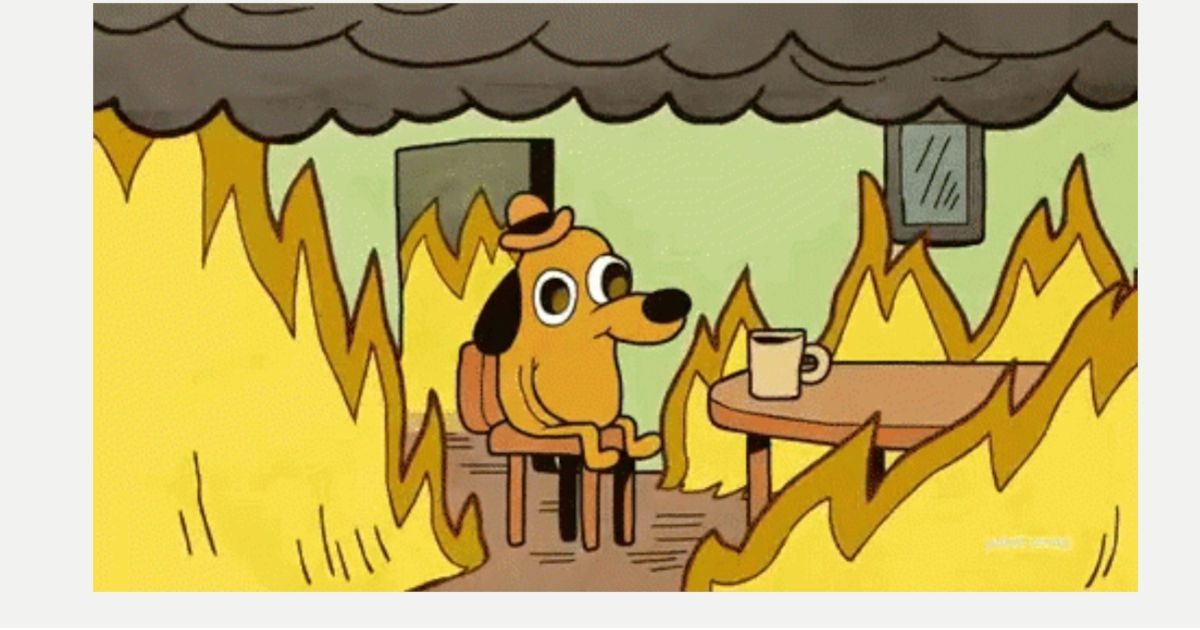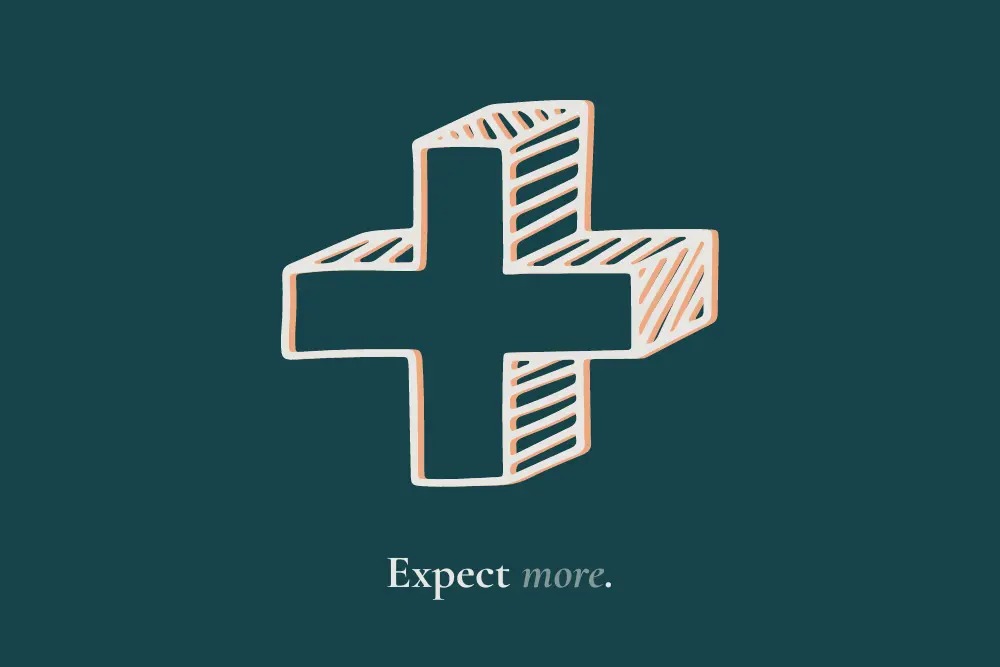Unveiling the Truth About Self-Love Beyond Valentine's Day
Ah, February, the month of love! But here at Shift Collab we're cranking up the love-o-meter to a whole new level. Beyond the heart-shaped chocolates and romantic gestures that Valentine's Day brings, real love starts with self-love. Say that one more time to yourself!
Self-love affects every single relationship in your life. Whether it's with your best friend or your family, loving yourself is key to building strong, meaningful connections with others. We truly believe that when you take care of yourself, you create a ripple effect that spreads to everyone around you.
Also, can we take a moment to talk about loneliness and the fact that just because someone's alone doesn't mean they're lonely? Or the fact that just because someone's in a relationship can mean they're lonely? We'll dive into this one further down.
Let's start with some basics, shall we...
Understanding the Concept of Self-Love
Touching more on self-love, it's all about recognizing and accepting yourself completely—your good parts as well as your not-so-good ones. And doing this with understanding and kindness, no matter what life throws your way.
We naturally aim for self-improvement, always trying to be a better version of ourselves. But it's important to remember that this is different from self-love. Reaching for higher goals doesn't mean you can't love who you are right now. Balancing the two is key in the journey of life.
When you embrace self-love, you build emotional strength, increase your sense of self-worth, and spread positivity within yourself and towards others. This form of love towards oneself can help you let go of negative habits, cultivate a more positive approach to life, and ultimately lessen feelings of loneliness.
Understanding this is easier than actually practising it. You might ask, "How can I build this sense of self-love?" Remember, it takes time. It's about being gentle with yourself, showing yourself some compassion, and accepting that it's okay to make mistakes. It's a normal part of being human.
Ready to embrace self-love? Connect with our skilled therapists at Shift Collab. Take the first step toward a more fulfilling life by getting matched with a Shift Collab therapist today.
Toxic Love
Did you know that six in ten single Canadians have experienced negative impacts on their mental health because of societal expectations (relationship status' being one of them)? Yikes!
When it comes to self-love and relationships, we need to acknowledge that self-love is crucial in setting the rules of our relationships. Toxic patterns often hint towards a lack of self-love.
Here's the thing. If you truly love yourself, it sets a benchmark for how others should treat you. By appreciating your own worth, you no longer accept sub-par treatment. After all, a relationship should be a haven of support, comfort and respect, right?
Now, if self-love is missing from the equation, it's easier to justify unhealthy behaviours and sustain damaging relationships. This simply stems from a misguided belief that you're undeserving of kind treatment, leading to a harmful cycle that needs breaking.
We won't lie to you. Stepping away from toxic patterns and embracing self-love isn't easy. It's hard. But it's a critical step for your own well-being and for healthier relationships. Begin by recognizing toxic behaviours, sharing your feelings positively, and importantly, setting clear boundaries. It's not about blaming anyone, it's about evolving and striving for healthier interaction.
Keep this in mind—choosing self-love isn't selfish. It's merely knowing your true value and insisting on respect and kindness. Embracing self-love can lead to healthier relationships with yourself and others. It can also lead to more understanding, respectful and rewarding connections in your life.
What are the signs of a toxic relationship?
- Constant Criticism: Partners in a healthy relationship uplift each other. If your partner(s)/individual consistently belittles you or critiques your actions, thoughts, or appearance, it signifies a toxic dynamic.
- Control Pattern: If one partner/individual always needs to dictate the other's behaviour, decisions, or social interactions, it’s a toxic sign. Healthy partnerships respect each other’s autonomy.
- Passive Aggression: This indirect form of hostility can be as damaging as overt aggression. It further frustrates open and honest communication in any relationship.
- Disregard for Boundaries: Respecting personal space and emotional boundaries is vital in a healthy relationship. Overstepping these boundaries is indicative of a toxic relationship.
- Gaslighting: A toxic partner(s)/individual may deny facts, create doubt in your mind, or manipulate you to feel unworthy or wrong. This harmful technique is called gaslighting.
- Emotional or Physical Abuse: Any relationship involving these elements is unquestionably toxic. It is paramount to seek professional help immediately in these cases.
- Lack of Support: If your partner(s)/individual tends to undermine your accomplishments or is indifferent to your struggles, it’s a toxic sign. A healthy partnership/relationship empowers each other.
- Excessive Jealousy: While a certain degree of jealousy is normal in any relationship, excessive jealousy could be a clear indication of a toxic relationship.
- Constant Fear or Anxiety: Feeling anxious or fearful consistently around your partner(s)/individual is not normal. It’s a signal you might be in a harmful situation that needs intervention.
How can I break toxic patterns in my relationship?
- Recognize and acknowledge: This is always the first step to any change, acknowledging that a certain pattern of behaviour is toxic. It might be hard, but remember, being honest with oneself is an act of self-love.
- Communicate effectively: Openly discussing these toxic patterns with your partner can be a great step towards breaking them. Communication is key; make sure it is respectful, understanding, and non-confrontational.
- Seek professional help: Therapists are trained to deal with such situations. They can provide valuable insight and methods on how to break these patterns.
- Set healthy boundaries: It's important to establish what's acceptable in your relationship and what’s not. This promotes respect and avoids toxicity.
- Build self-esteem: Toxic patterns often persist in relationships where one or both partners have low self-esteem. By working on building your self-worth, you can learn to demand the respect and love you deserve.
- Practice self-love: Ultimately, the way you treat yourself sets the standard for how others treat you. By practicing self-love, you're less likely to tolerate harmful behaviours in your relationships.
Lonely in Love
Despite being with someone, you might still experience loneliness. This seems like a paradox, doesn’t it? In reality, loneliness in a relationship is more common than you might think.
Relationships are built on emotional connection, a sense of understanding, and mutual trust. When these components are missing, you could find yourself feeling isolated and alone. Forming a genuine emotional bond is key—you can be physically close to someone, share a home or even a bed, but still feel emotionally distant. Lack of compatibility, intimacy, or a sense of disconnect can exacerbate these feelings.
Perhaps your partner doesn’t truly understand you or what you’re going through. Or there are unspoken tensions brewing under the surface, causing what was once a strong connection to wane. Introverted or independent personalities can also often feel lonely in a relationship, especially if there's a feeling of being misunderstood.
Bottling up these feelings sometimes compounds the issue, driving a wedge even further in the relationship. Opening up about these feelings, as difficult as it might seem, is often the first step to addressing this emotional chasm. Recognizing the issue is essential, and remember, it's okay to seek external help through therapy if it feels overwhelming.
But remember, it’s not just you. We all crave human connection, we all want to feel understood, and it's okay if sometimes we feel like we're falling short. As we navigate through these complex emotions, we're all learning. Loneliness doesn't just signify being physically alone, it's an emotional state.
So, if you're feeling lonely in a relationship, know that it's not unusual or something to be ashamed of. These feelings are a sign that something might need to change. It's an opportunity for dialogue, understanding, and growth. Don't brush off your emotions—recognize them, understand them, and take steps to address them. As daunting as it may seem, it's the first step towards fostering a healthier, more fulfilling relationship.

On the contrary...what does it mean to be alone but not lonely?
Have you ever found yourself alone but not feeling lonely? If so, congratulations! You've discovered an essential key to understanding your emotional wellness. It's a common misunderstanding that being alone automatically equates to feelings of loneliness. This often feeds into the social pressure of needing to be partnered or in a relationship to achieve happiness or contentment. But the reality can be remarkably different— being alone does not have to mean being lonely, and it can instead pave the way for profound self-discovery and personal growth.
- Independence is empowering: When you're alone, you learn to rely on yourself, make decisions independently, and take responsibility for your actions. These skills can significantly improve your self-confidence and resilience.
- Alone time fosters creativity: When you're by yourself, you have the space and time to think, imagine, and create. This can lead to significant personal development and the ability to innovate.
- Enjoying your own company reduces pressure: Being content with being alone reduces the pressure to constantly seek the company of others, which can be mentally exhausting.
- Not all relationships are fulfilling: People in relationships can also feel lonely. This may be due to a lack of communication, understanding, or emotional connection within the relationship.
- Self-love and self-care: Learning to love and care for yourself is fundamental. It gives you the emotional strength to enjoy being alone, manage loneliness, and maintain healthier relationships.
Spread The (Self) Love
Let's start with these everyday mindfulness exercises that will help you stay in the moment and find your inner peace. And how about working out your love language to better shift your behaviour to fulfill your and/or your partner's needs? We've got you covered!
As we move past the lovey-dovey vibe of Valentine's Day, the real deal turns out to be all about self-love. It's more than just a trendy phrase; it's the secret sauce for all our relationships. Self-love isn't a quick fix; it's a commitment to embracing every bit of who you are. And yeah, toxic relationships? They don't stand a chance when self-love is in the picture. Loneliness, whether you're in a relationship or flying solo, is a real thing. It's not something to sweep under the rug but a chance to talk, understand, and grow. And let's talk about being alone but not feeling lonely – it's a superpower. Doing your own thing, being creative, and chilling with yourself? That's the good stuff. Relationships are cool, but self-love? That's the love story we're all looking for. So, beyond the heart-shaped candies and lovey-dovey gestures, let's make this February about the love that starts with numero uno – you!
P.S. Shift Collab Therapist, Mahnoor Zulfiqar hosted a virtual event tied to self-love and you can catch the reply here! This event is all about digging into how we connect and chat. We'll be exploring attachment styles (you know, how we bond emotionally) like secure, anxious, or avoidant and diving into our communication styles, from being assertive to active listening champs. The aim? Boosting self-love and personal growth!













.gif)







![Why You Need to Unfollow [@YourEx]](https://cdn.prod.website-files.com/625ec823c07cd8de32e1bae2/684af2346eb36cf47933e7ab_20240206T0910-707e5b7e-9802-42a3-8070-ba67b8dc33fd.webp)






![Summer Lovin' [not] Havin' a Blast](https://cdn.prod.website-files.com/625ec823c07cd8de32e1bae2/684af26ed2b68f821b628848_20240206T0910-fd1563e4-34d1-49e6-af59-9b95c717196a.webp)














































































